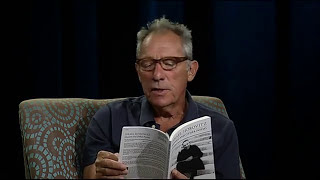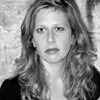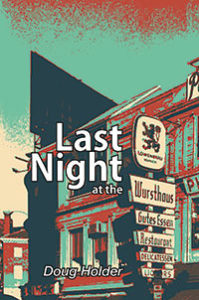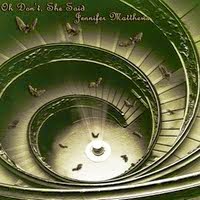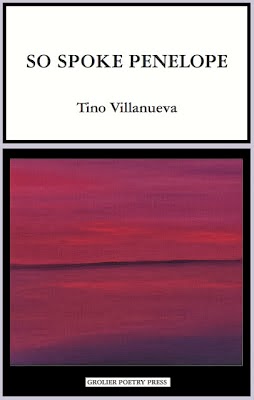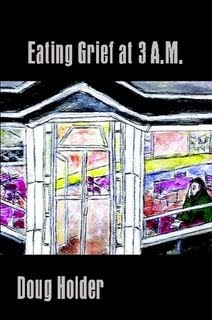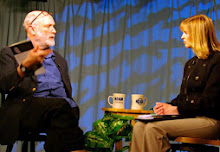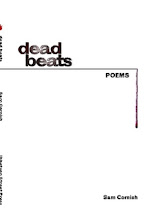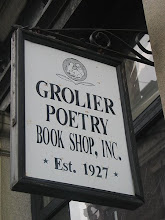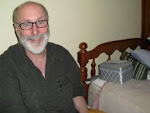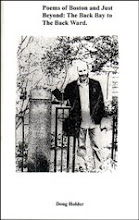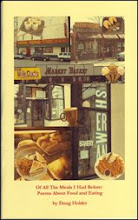The Chameleon Couch
Yusef Komunyakaa
Farrar, Straus &Giroux Books
ISBN: 978-0-374-53314-4
2011 $14.00
"a trembling runs through what pulls us
to the blood knot."
Some of the poems, in this collection, have a deep throaty
longing. In Komunyakaa's poems the longing roots us to what
each verse reveals "the cold stings." The poet waters
each word in which to feed the reader, his contemplations
concerning the birth of each word is there. He writes like
his life depends on setting the words on the page and I envision
each poem spread before me:
"...My name grew into a sonata he learned
to put back into his mouth, an echo
of his voice in the wind. My blood seethed
into his words, an immaculate conception
in reverse, & no one could keep God's worms
out of the tomb after I died in childbirth."
This is my first time reading Komunyakaa and I read his poems
with trepidation, because he is an accomplished writer, well
known to so many and I want to read the poems as poems.
I realize the poems want more than a sentence or form, they
want to sustain the line, line by line. For me the poet uses every-
thing to find the poem, to have the poem converse, take root:
"...Brushstrokes formed a blade to cut
the hues. A slipped disk
grew into a counterweight,
& the muse kept saying,
Learn to be kind to yourself.
A twisted globe of flesh
is held together by what
it pushes against."
This is a book to be kept, read, and then read again and again:
"My muse is holding me prisoner.
She refuses to give back my shadow,
anything that clings to a stone or tree
to keep me here. I recite dead poets
to her, & their words heal the cold air.
I feed her fat, sweet, juicy grapes,
& melons holding a tropical sun
inside them. From here, I see only
the river. The blue heron dives,
& always rises with a fright fish
in its beak, dangling a grace note..."
Couched in tomorrow, the morning each day brings, the poems
receive comfort and then change and return to their own
presence. They ask to be read and that is all we can do when
we enter any holy place. Read the signs, the omens, the ritual
and then leave with a sense of renewal:
"...I know what it took to master the serpent
& wheel, the crossbow & spinal tap.
Once I was a leopard beside a stone gate.
I am a riddle to be unraveled. I am not
and I am. When their eyes are on me
I become whatever is judged badly.
I circle the park. Hunger shapes
my keen sense of smell, a lifetime ahead..."
The strophes, "echo us back as the years uncount," and there again,
is the sadness, longing for, again. The poems live in our veins, sustain
our present tense. "Perhaps omens speak more clearly across a
desert or the seas."
irene koronas
poetry editor: wilderness house literary review
reviewer: ibbetson street press
artamust.blogspot.com
girdlegirls.wordpress.com
poetry editor: wilderness house literary review
reviewer: ibbetson street press
artamust.blogspot.com
girdlegirls.wordpress.com









